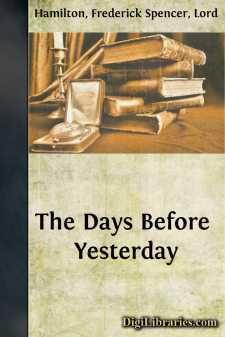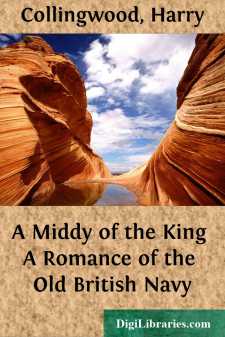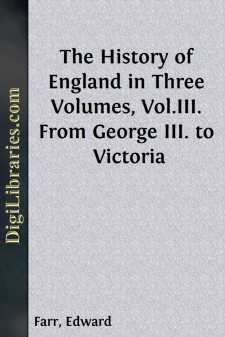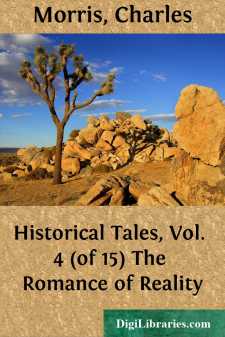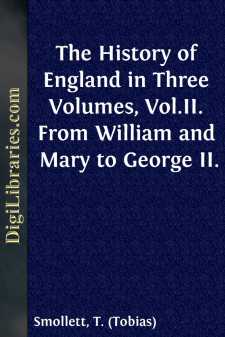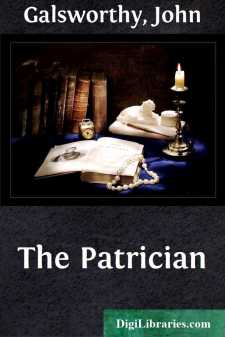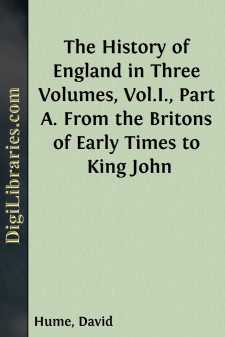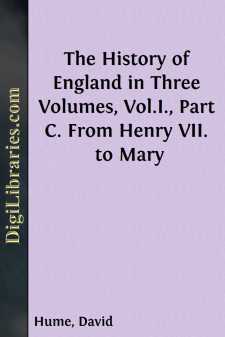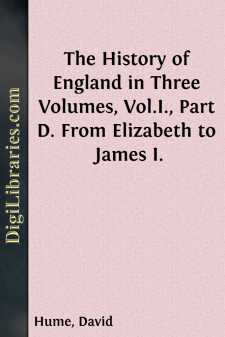Categories
- Antiques & Collectibles 13
- Architecture 36
- Art 48
- Bibles 22
- Biography & Autobiography 813
- Body, Mind & Spirit 142
- Business & Economics 28
- Children's Books 13
- Children's Fiction 10
- Computers 4
- Cooking 94
- Crafts & Hobbies 4
- Drama 346
- Education 46
- Family & Relationships 57
- Fiction 11828
- Games 19
- Gardening 17
- Health & Fitness 34
- History 1377
- House & Home 1
- Humor 147
- Juvenile Fiction 1873
- Juvenile Nonfiction 202
- Language Arts & Disciplines 88
- Law 16
- Literary Collections 686
- Literary Criticism 179
- Mathematics 13
- Medical 41
- Music 40
- Nature 179
- Non-Classifiable 1768
- Performing Arts 7
- Periodicals 1453
- Philosophy 64
- Photography 2
- Poetry 896
- Political Science 203
- Psychology 42
- Reference 154
- Religion 513
- Science 126
- Self-Help 84
- Social Science 81
- Sports & Recreation 34
- Study Aids 3
- Technology & Engineering 59
- Transportation 23
- Travel 463
- True Crime 29
Sort by:
I was born the thirteenth child of a family of fourteen, on the thirteenth day of the month, and I have for many years resided at No. 13 in a certain street in Westminster. In spite of the popular prejudice attached to this numeral, I am not conscious of having derived any particular ill-fortune from my accidental association with it. Owing to my sequence in the family procession, I found myself on my...
more...
by:
Ian Hay
CHAPTER ONE. OATMEAL AND THE SHORTER CATECHISM. The first and most-serious-but-one ordeal in the life of Robert Chalmers Fordyce—so Robert Chalmers himself informed me years afterwards—was the examination for the Bursary which he gained at Edinburgh University. A bursary is what an English undergraduate would call a "Schol." (Imagine a Scottish student talking about a "Burse"!)...
more...
H.M.S. Europa. I had just dismounted before the rather imposing main entrance to Delamere Hall, situate close to the west Dorset coast, and had handed over my horse to Tom Biddlecome, the groom who had accompanied me in my before-breakfast ride down to the beach for my morning dip, when my father appeared in the portico. “Good morning, Dick,” he greeted me. “I suppose you have been for your swim,...
more...
by:
Edward Farr
WAR WITH SPAIN. The year had not closed before the ministers found that a rupture with Spain was inevitable. The first intimation of it was detected in the menacing conduct of the court of Versailles; and Lord Bristol, the English ambassador at Madrid, was instructed to demand the real intentions of Charles III., and the real purport of the family compact. General Wall, the Spanish minister replied...
more...
by:
Charles Morris
HOW ENGLAND BECAME CHRISTIAN. One day, in the far-off sixth century, a youthful deacon of the Roman Church walked into the slave-market of Rome, situated at one extremity of the ancient Forum. Gregory, his name; his origin from an ancient noble family, whose genealogy could be traced back to the days of the early Cæsars. A youth was this of imperial powers of mind, one who, had he lived when Rome was...
more...
ACCOUNT OF THE NEW MINISTRY. William began his reign with a proclamation, for confirming all protestants in the offices which they enjoyed on the first day of December; then he chose the members of his council, who were generally staunch to his interest, except the archbishop of Canterbury and the earl of Nottingham, and these were admitted in complaisance to the church-party, which it was not thought...
more...
by:
John Galsworthy
CHAPTER I Light, entering the vast room—a room so high that its carved ceiling refused itself to exact scrutiny—travelled, with the wistful, cold curiosity of the dawn, over a fantastic storehouse of Time. Light, unaccompanied by the prejudice of human eyes, made strange revelation of incongruities, as though illuminating the dispassionate march of history. For in this dining hall—one of the...
more...
by:
David Hume
The religion of the Britons was one of the most considerable parts of their government; and the druids, who were their priests, possessed great authority among them. Besides ministering at the altar, and directing all religious duties, they presided over the education of youth; they enjoyed an immunity from wars and taxes; they possessed both the civil and criminal jurisdiction; they decided all...
more...
by:
David Hume
Henry was not ignorant of these intentions of his enemies, and he prepared himself for defence. He ordered troops to be levied in different parts of the kingdom, and put them under the command of the duke of Bedford and earl of Oxford. He confined the marquis of Dorset, who, he suspected, would resent the injuries suffered by his mother, the queen dowager; and, to gratify the people by an appearance of...
more...
by:
David Hume
Had the subscribers of this zealous league been content only to demand a toleration of the new opinions, however incompatible their pretensions might have been with the policy of the church of Rome, they would have had the praise of opposing tyrannical laws, enacted to support an establishment prejudicial to civil society: but it is plain that they carried their views much further; and their practice...
more...


